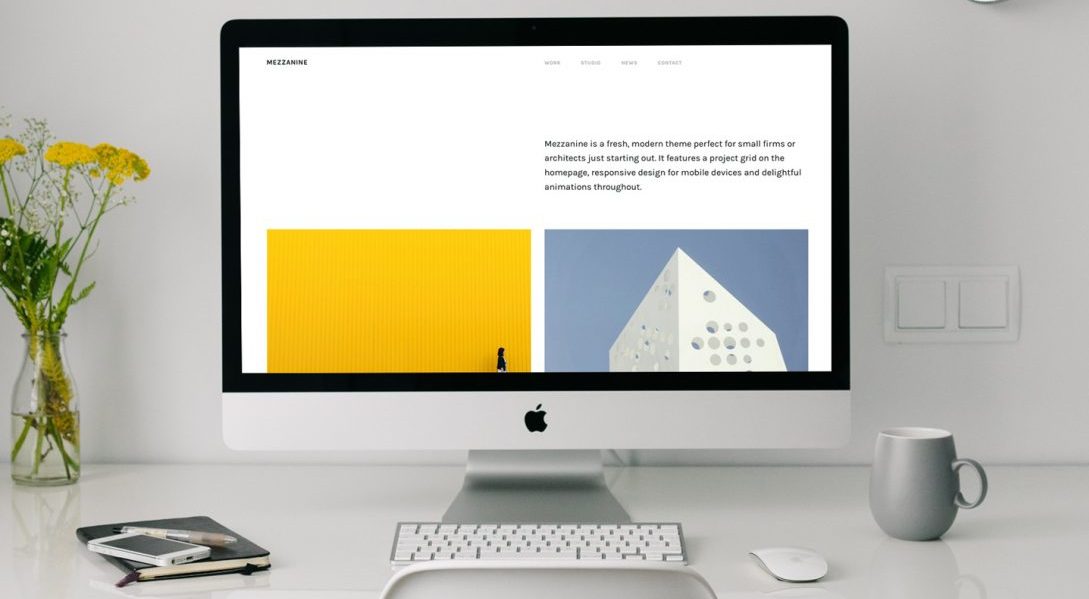Trying to draw potential clients to your architect’s website but not succeeding? Well, have you ever thought that the website is not a client-oriented one? Your website has to be appealing to prospects from their point of view, not yours. But wait, what is their point of view? What are they looking for?
Architects often resort to displaying their portfolios on their websites rather than fulfilling the needs of potential customers who visit these architects’ websites. Your visitors do not care about your accomplishments, all they care about is how you can actually help them to get what they need and want.
Ever heard of the term “Lead Generation”? Well, it is a popular phrase in the marketing field that means the process of finding potential customers for a business’s products or services. Lead Generation converts prospects from browsers into buyers. Getting the hang of it is a key element for your website’s success.

So, if you want to turn around your website to a more client-appealing one, here are a few tips:
1.Don’t focus on yourself, your work, or your biography
In short, don’t make a brochure out of your website. Unless you are a “starchitect”, browsers won’t be looking for your accomplishments. You should be the architect they like and trust. Focus on giving information about the services you offer. You can have a “free modeling of your house” offer on your website for example.
2. The useful content of your architect’s website must be engaging to prospects
Articles or blog posts that discuss something like “How to choose the right materials for the finishing of your house” can be eye-catching more than your portfolio.
3. Grab browsers’ attention by putting ads for your site out on the internet
In addition to that, you can use SEO (Search Engine Optimization). SEO considers how search engines work and what people search for.

4. Allow easy contact between you and potential clients
Email newsletter sign-up form, a blog comments section, or a link to your social media profiles. The social media approach is important to bring new prospects to your website.
5. You know why they say “Don’t judge a book by its cover”?
Because people judge books by their cover, and in this case, it will be by your website’s design. An aesthetically pleasing and user-friendly website would give a much better first impression than a plain and poorly-designed website in which users can’t find their way around.
6. Make your website adaptable to different platforms and screen sizes.
In other words, go for “responsive web design”, so that your website can be easily accessed and viewed from a desktop, a tablet, a cellphone, or any other means.
Internet websites now are the public’s gate to any business, architecture included. Before a client contact you, they will probably check your website, and the more attractive it is, the more time they will spend on your website. Also, the more professional yet friendly and helpful it seems, the more likely you will be contacted.


